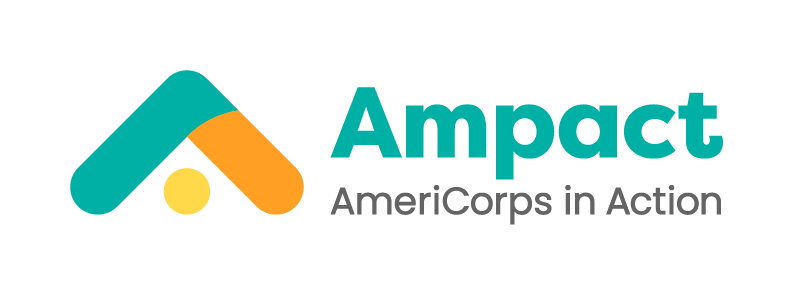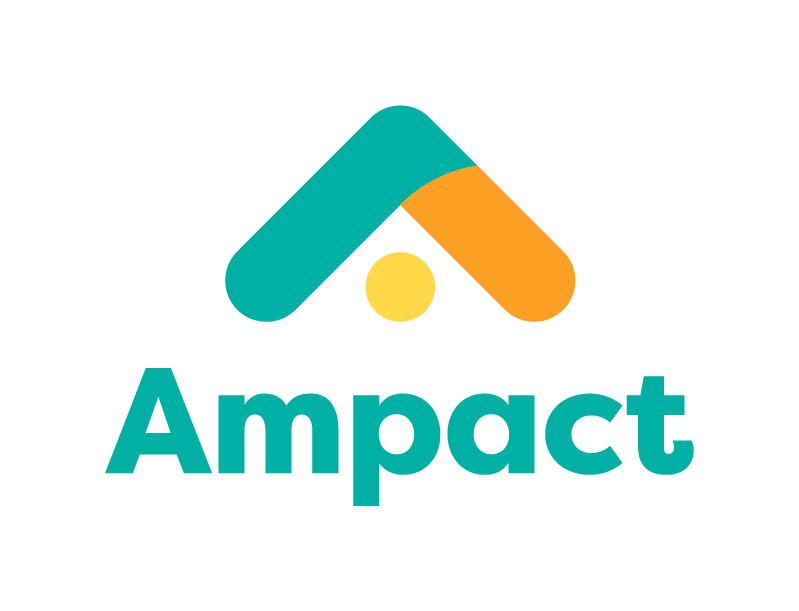Making a Difference for Our Newest Neighbors
“I’m very interested in working with and learning more about refugees,” says Legal Services Navigator, Veronica. “[Service] has been a really good way of getting my foot in the door and learning how settlement works in the US, internationally, and how all of these systems work together.”
Veronica recently wrapped up a year of service with Resettlement Corps, which placed her at the Minnesota Council of Churches (MCC) in Minneapolis. For the past 40 years, MCC has helped more than 10,000 refugees establish new lives in the US, through services such as connecting people to resources, teaching skills about life in Minnesota, and assisting new residents with different paperwork that may be written in an unfamiliar language.
As a Legal Services Navigator, Veronica spent the past year helping out in whatever ways her clients needed, often guiding them through legal forms, such as green card applications and work permits. Despite the complexity and repetitive nature of the paperwork, Veronica was grateful for the chance to work one-on-one with refugees and recent immigrants from around the world.
“We're having the client come into the office, sitting down with them, and talking them through everything that might go into their applications. We're making sure they understand what they're signing,” she says. She has also found that there’s a huge difference in learning about policy in theory and seeing those policies affect real people. “The main benefit I've had from the experience has been both gaining a much broader understanding of these systems and a personal understanding from interacting with people.”
Veronica is no stranger to new adjusting to new countries and cultures herself. For her bachelor’s degree, she attended the University of Edinburgh in Scotland and later taught English in Palestine. At MCC, she even got to use some of the Arabic she learned in Palestine, as there are a fair number of Syrian refugees who have settled in the Twin Cities.
However, one language is just a drop in the bucket. On any given day, MCC’s clients might speak Spanish, Ukrainian, Tamil, Kikongo, French, Somali, or something else entirely. The incredible array of languages presented a practical challenge at times, but learning more about the world while helping others was one of the reasons Veronica joined Resettlement Corps in the first place.
“It's really valuable to work with so many people from so many backgrounds and to have the space to practice languages,” she says.
Looking back on the service year, it’s the small moments of deep connection that stand out the most. Food is one of the fastest ways of bridging cultures, and Veronica got to be on both sides of that exchange while at MCC. Many clients have invited Veronica into their homes to share a meal as a token of their appreciation. She also recalls helping one client learn the ins and outs of riding the bus, which allowed him to get to work and to get his first chicken sandwich at Popeye’s. For Veronica and her clients alike, little victories like this mean a lot when building community connections.
With her service completed, Veronica isn’t sure what her next step will be: potentially full-time work in immigration or possibly pursuing a PhD. Regardless of where her career takes her, she appreciates the ways she has gotten to know and support so many refugees through Resettlement Corps. The understanding she gained and connections she made will stay with her for a long time.
“Doing immigration here has given me a very useful foundation for understanding US immigration and refugee policy,” Veronica says. “It's ridiculous just how much people have to go through. It's been a very humanizing experience.”
You, too, can support new residents and refugees in Minnesota. Learn more and see how you can make a difference at ampact.us/resettlement.


